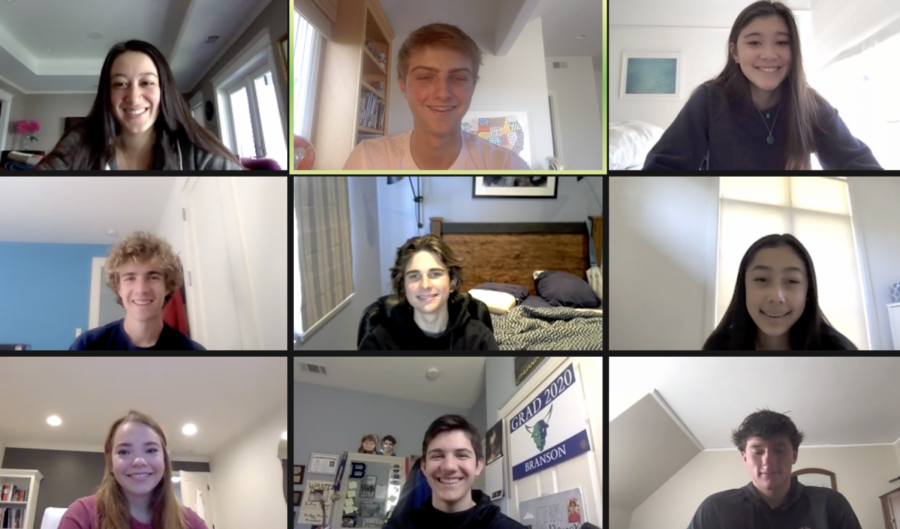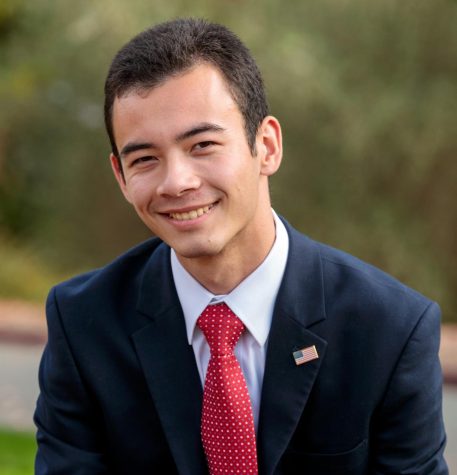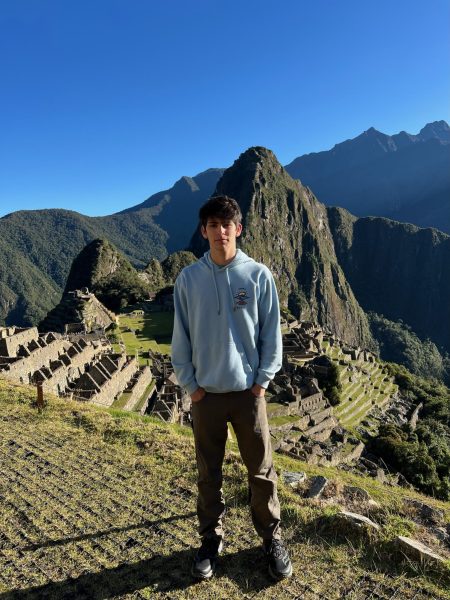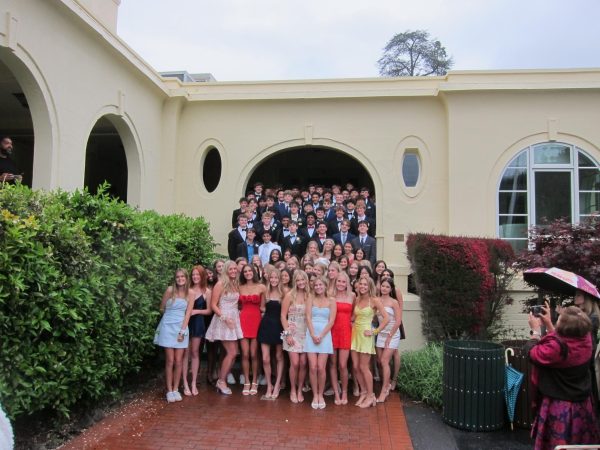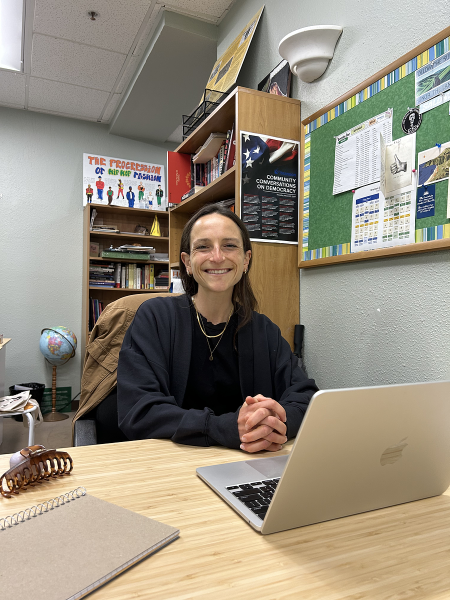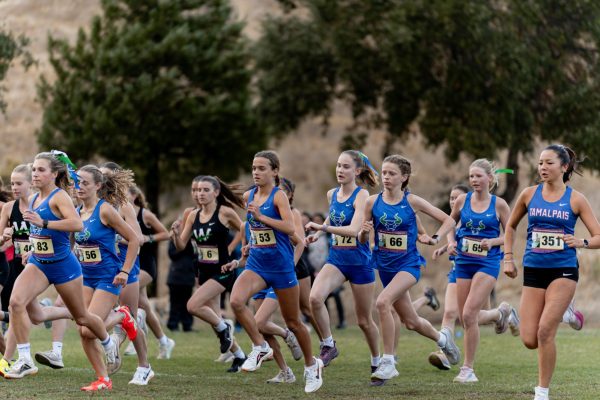Chapter of food-donation program grows swiftly
February 23, 2021
A group of Branson students established a chapter of a food-donation program in January, partnering with a San Rafael organization and the school community to alleviate food insecurity in Marin.
For Doorstep Donations, the student-led, New York-based nonprofit, the chapter represents another step in its expanding nationwide reach. But it also lends to Branson students an opportunity to directly contribute food to a local organization.
“It provides a really simple and safe way for the Branson community to engage with the larger Bay Area community,” one of the chapter’s leaders, junior Lilli Mishalko, said. “It makes helping those in need and donating really safe and easy, which I think is really important amid the pandemic.”
The contactless program indeed originated from the pandemic. Co-founder Ben Gleeman noted that a widespread desire to donate food safely led to the establishment of Doorstep Donations last year in Long Island, N.Y.
“We were all stuck inside in quarantine, and we wanted to help, and we knew that so many people wanted to give, wanted to especially give food, but it was unsafe to, and that was the issue,” Gleeman, a Manhattan resident, said. “So, we tried to mitigate that issue.”
Such pandemic-guided planning resulted in a remarkably simple plan: Members of the organization would collect various long-lasting items, such as canned food, from donors’ doorsteps and bring them to a food pantry. To maximize donations, Doorstep Donations soon instituted a two-month cycle of giving and sought to establish an ever-growing network of chapters.
Branson students established one such chapter in January after Doorstep Donations connected with the school online. Students swiftly responded to an all-school email by Community Engagement Director Janeal Fordham about the program, and following a conference with Gleeman, set up a Branson chapter.
After a couple of announcements to the community — those interested can currently sign up via a Google Form — the Branson chapter, as of late January, has accrued about 50 donors, Mishalko said. Gleeman said that number of participants, over the course of a year, would donate a total of over 2½ tons of food.
The chapter will conduct its first collection of food in early April and bring that food to San Rafael’s Ritter Center, an organization that benefits low-income and homeless residents. Doorstep Donations connected with the Ritter Center through a nationwide network of local organizations, Gleeman said.
“Each donor will get a reusable Doorstep Donations bag, so we’ll take the groceries from that bag, put it in a larger container in our car, and then we deliver it to the food pantry,” another leader of the chapter, Grace Johnson, said.
Gleeman said that the chapter has outperformed other school chapters in terms of initial growth. For Fordham, such a standout start epitomized Branson students’ unique attitude toward community engagement, even when the school had waived service requirements for this year.
“I think our students are so eager and altruistic,” she said. “That’s something that I noticed immediately when I came here, and as director of community engagement, that’s something that has been so worthwhile in orchestrating this program.”
That altruism also appears in the program through some of Branson’s core values, chapter leaders said. Sophomore Finn Dossey, who also writes for The Blazer, highlighted kindness and purpose as key values of the program; Mishalko concurred.
“I think purpose plays a really big part,” she said. “I think there’s a lot of people who feel like they don’t do enough to help the community, and so this is a way for them to find that purpose in their community, and do what they can, and do something really simple but really impactful.”
Chapter leaders also underscored the student-led nature of the program. Youths run the organization both at the chapter and national levels.
“What’s cool about Doorstep Donations is that it is all youth-led, [whereas] I found that a lot of other organizations are run by adults,” Johnson said, also noting that the chapter hopes to possibly expand beyond Branson to Marin at large.
But the core of the program remains the fight against local food insecurity, which, as Mishalko noted, the COVID-19 pandemic exacerbated. And for co-founder Gleeman, each doorstep, however small, represents one positive step in that battle.
“If you can give, then you should give,” he said. “It makes all the difference. Your small portion … means everything to the people who are hungry. So really, it’s just, give as much as you can, when you can.”

